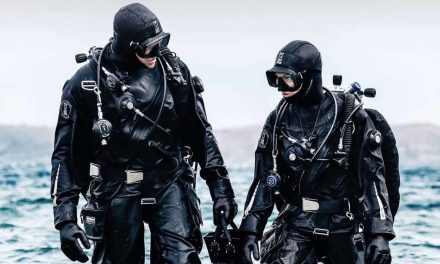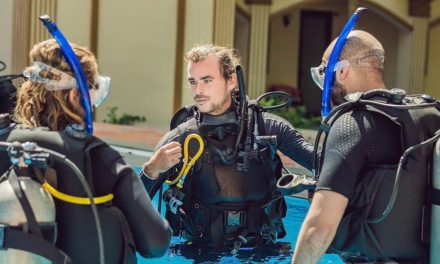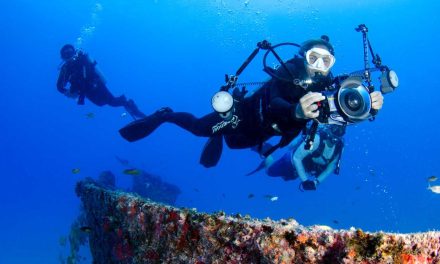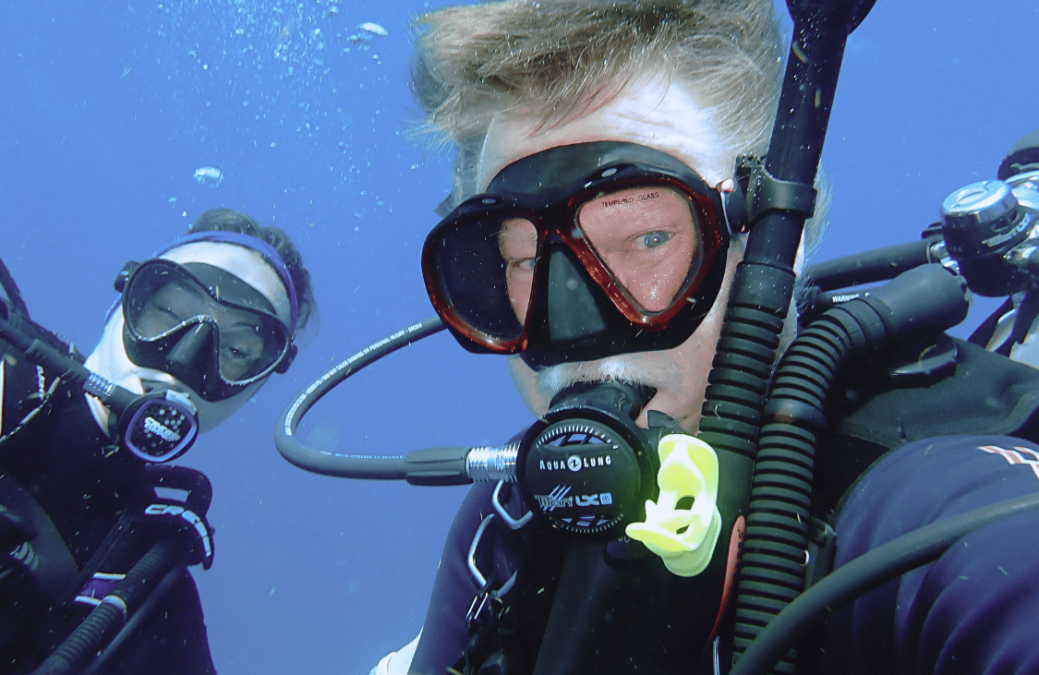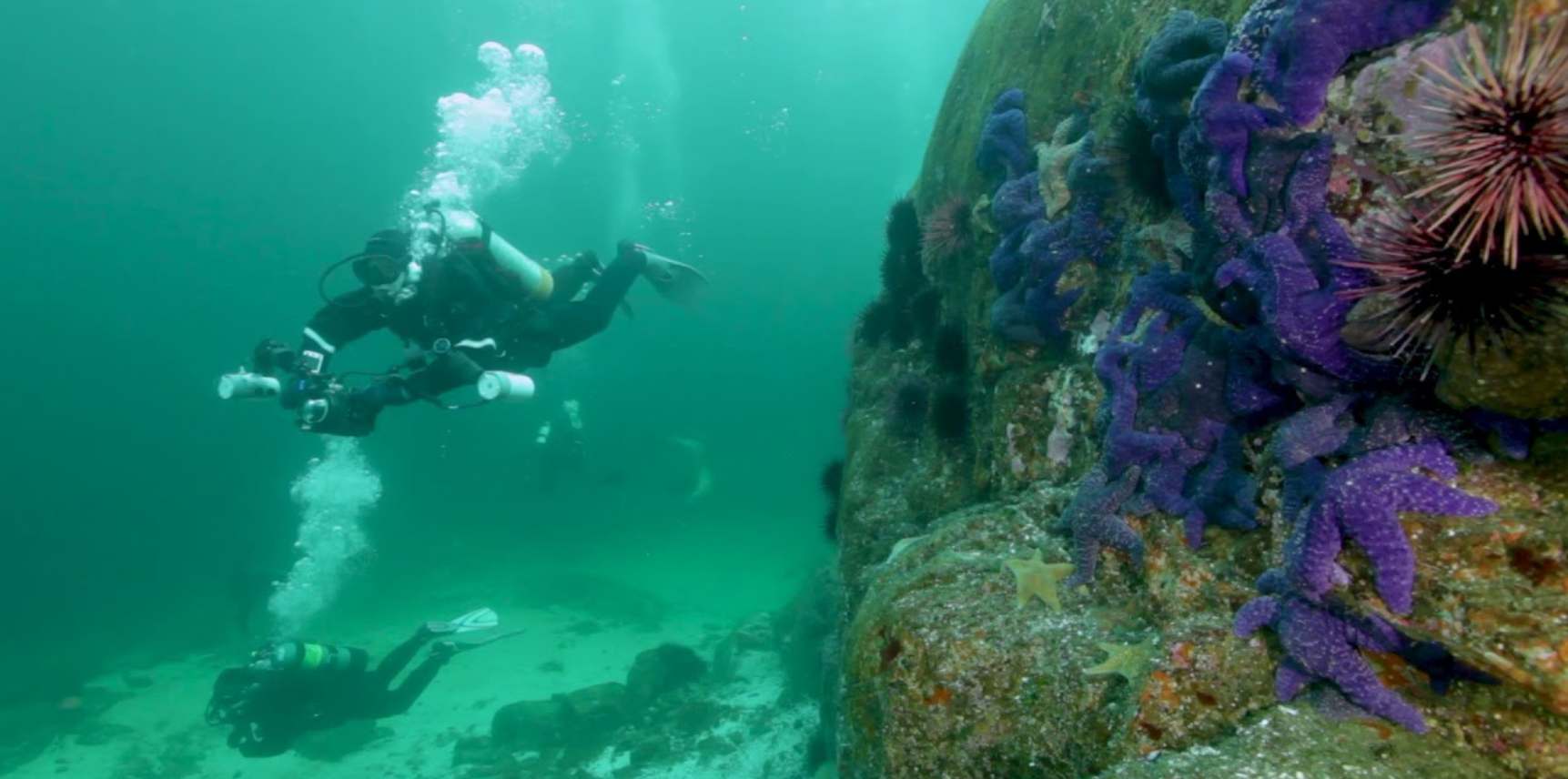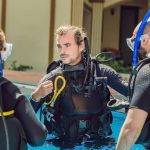Scuba Diving Safety: Avoid Air Contamination Risks
In the world of scuba diving, safety is paramount, especially when it comes to the air we breathe underwater. Gas contamination is a rare but serious concern for all divers, whether you’re diving in Canada’s oceans and lakes or exploring the stunning reefs diving in Belize. While most divers don’t encounter contaminated air, knowing how to prevent it is critical for scuba diving safety.
This guide will help you understand the risks of gas contamination and provide tips to ensure you’re diving safely, no matter your location. Whether you’re diving locally or traveling the globe, scuba diving safety begins with clean, breathable air.
What Is Gas Contamination in Scuba Diving?
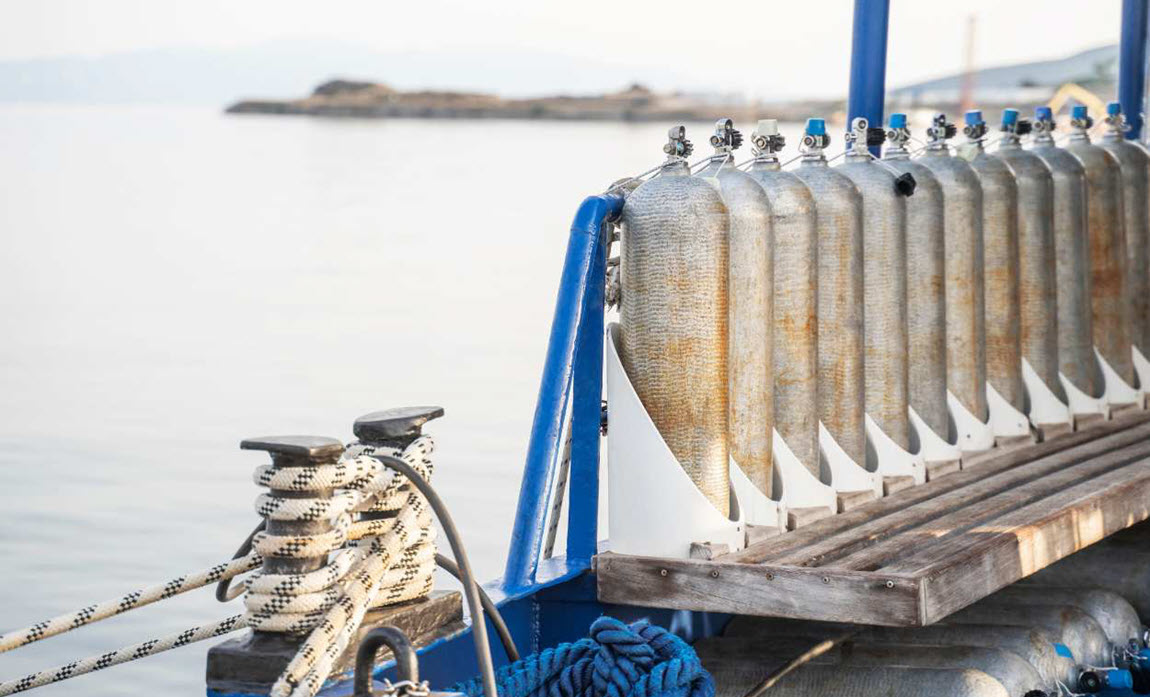
Gas contamination refers to any unwanted or hazardous substances present in the air you breathe while diving. These contaminants can pose serious risks to your health, and they often come from faulty equipment, poor tank handling, or environmental factors.
Common Contaminants Include:
-
Carbon Monoxide (CO): A colorless, odorless, and toxic gas.
-
Hydrocarbons: These can be introduced through oil leaks in compressors.
-
Moisture or Water Vapor: Can cause rust or freezing in your regulator.
-
Carbon Dioxide (CO₂): High levels can cause respiratory issues.
-
Incorrect Gas Mixes: Especially when using Nitrox or specialized gas mixtures.
When diving in Canada or Belize, it’s important to ensure that your dive operator maintains strict air quality standards.
Causes of Gas Contamination
Whether you’re diving in Canada or planning a trip to go diving in Belize, knowing the causes of air contamination can help prevent it:
-
Compressor Issues:
Compressors need regular maintenance to ensure air purity. If a compressor is poorly maintained or located near contaminants like vehicle exhaust, it can introduce dangerous gases into your tank. -
Improper Tank Handling:
Tanks must be filled correctly and stored properly to avoid contamination. Always check the tank for correct labeling, and make sure it’s from a reputable dive operator. -
Environmental Factors:
Moisture, humidity, and temperature fluctuations can affect the air quality. Dive operators in both Canada and Belize must have systems in place to prevent moisture buildup and ensure a clean air supply.
Signs and Symptoms of Gas Contamination
It’s essential to recognize the symptoms of contaminated air during your dive. Some signs that the air in your tank might be contaminated include:
-
Headache or dizziness
-
Nausea
-
Confusion or poor judgment
-
Unusual shortness of breath
-
Cherry-red lips (a common symptom of CO poisoning)
If you experience any of these symptoms while diving in Canada or Belize, it’s crucial to safely end your dive and seek immediate medical attention.
Scuba Diving Safety: How to Minimize the Risk of Gas Contamination
To maintain scuba diving safety and ensure that the air you’re breathing is clean, follow these tips:
1. Ask About Air Quality Standards
Before you go diving in Canada or diving in Belize, or anywhere else, ask the dive shop or operator about their air quality testing procedures. Ensure they adhere to local and international safety standards (like CGSB 155.1 in Canada or EN 12021 in Europe).
2. Smell the Air Before Diving
A quick smell test can alert you to the presence of contaminants. Open the tank valve briefly and smell the air. If it smells like chemicals, oil, or something strange, ask for a new tank.
3. Use a Carbon Monoxide Detector
Carrying a portable CO detector is a great way to ensure the air in your tank is safe. This simple tool can help identify carbon monoxide contamination before you dive, especially in remote areas like Belize or rural parts of Canada.
4. Check the Tank Label
Always verify the tank’s fill date, gas mix, and any relevant certifications. A reputable dive operator will label tanks with this information clearly. If anything seems off, don’t hesitate to ask.
What to Do If You Suspect Gas Contamination
If you suspect that the air in your tank is contaminated while diving in Canada or dive Belize, follow these emergency procedures:
-
End the Dive Immediately
If you notice symptoms of contamination, stop the dive and ascend safely with your buddy. -
Administer 100% Oxygen
If available, administer pure oxygen to help expel the contaminants from your body. -
Seek Medical Attention
If symptoms persist or worsen, seek immediate medical attention. Hyperbaric treatment may be necessary, especially if you suspect CO poisoning.
Why Gas Contamination is a Concern for Recreational Divers
Whether you’re a beginner diver or an experienced diver heading out for your annual scuba diving trip to Belize, scuba diving safety should always be top of mind. Many divers may think air contamination only happens in extreme conditions or in technical diving. However, it can happen to anyone, even when diving in Canada or diving in Belize. The key is knowing how to recognize the risks and take proactive steps to prevent them.
How Dive Operators Can Ensure Safe Air for Divers
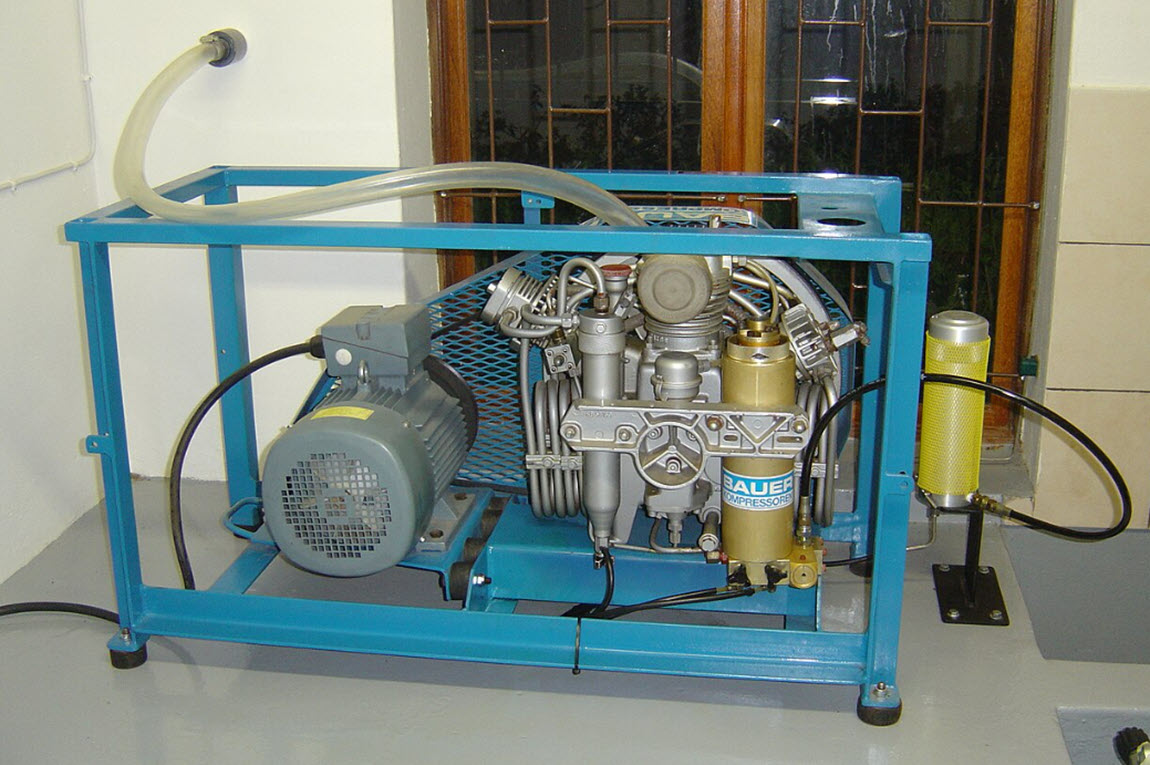
Reputable dive operators will have regular air quality tests in place. These tests should include checking for carbon monoxide, moisture, and the correct gas mixes. Dive shops in both Canada and Belize should use compressors that meet national and international safety standards to ensure clean air is available for all divers.
Dive compressors play a critical role in ensuring the safety and quality of the air you breathe underwater. These machines are responsible for compressing and filling scuba tanks with air, and their maintenance is crucial for scuba diving safety. Dive shops in both Canada and Belize use industrial-grade compressors to fill tanks, but not all compressors are created equal.
High-quality compressors are designed to meet specific safety standards and are regularly serviced to prevent contaminants such as oil, moisture, and carbon monoxide from entering the air supply. Reputable dive operators use compressors equipped with filtration systems to remove impurities, and many also implement carbon monoxide (CO) monitors to ensure that the air quality is up to par. Regular air quality tests are essential to guarantee that every tank is filled with clean, breathable air, reducing the risk of gas contamination and ensuring a safe dive experience for everyone.
By maintaining strict protocols and investing in high-quality equipment, dive operators help promote a culture of scuba diving safety, whether you’re diving in Canada or diving in Belize or anywhere else in the world
Final Thoughts on Scuba Diving Safety and Gas Contamination
Whether you’re exploring the oceans, lakes, or rivers diving in Canada or diving the Belize Barrier Reef, or on a live-aboard in the Red Sea, always ensure your dive operator follows proper air quality standards. By asking questions, using detection tools, and following scuba diving safety protocols, you can significantly reduce your risk of breathing contaminated air and ensure a safe dive every time.


